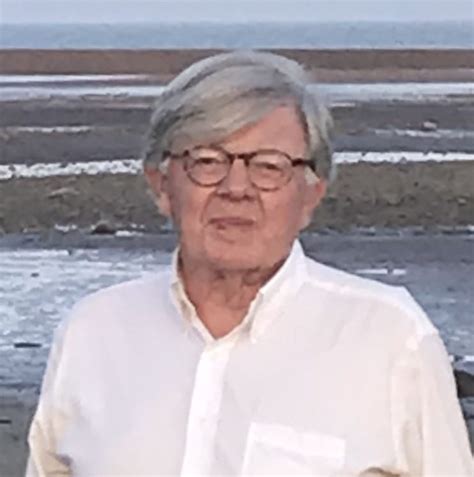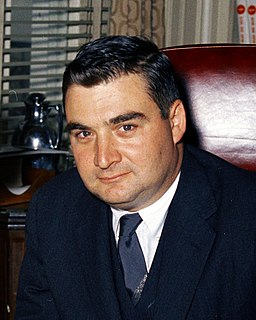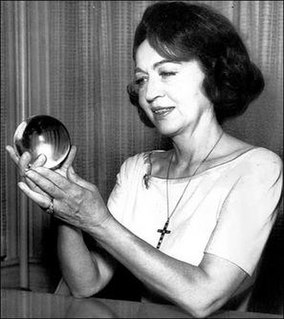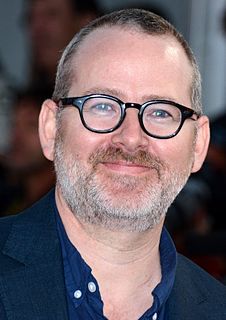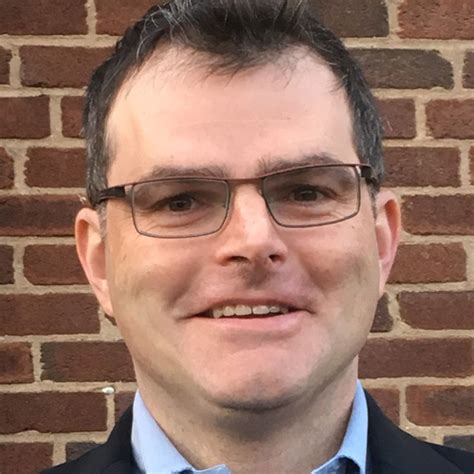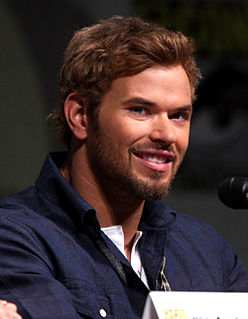A Quote by Lance Morrow
The real 1960s began on the afternoon of November 22, 1963. It came to seem that Kennedy's murder opened some malign trap door in American culture, and the wild bats flapped out.
Related Quotes
I believe history will come to view 9/11 as an event on par with November 22, 1963, the date on which John F. Kennedy was murdered, cutting short a presidency that was growing ever more promising. Dreams died that day in Dallas; it is easy to imagine the 1960s turning out rather differently had President Kennedy lived.
At the beginning of his administration, Reagan tried set the basis for American military intervention in El Salvador - which is about what Kennedy did when he came into office in regard to Vietnam. Well, when Kennedy tried it in Vietnam, it just worked like a dream. Virtually nobody opposed American bombing of South Vietnam in 1962. It was not an issue. But when Reagan began to talk of involving American forces in El Salvador there was a huge popular uproar. And he had to choose a much more indirect way of supporting the collection of gangsters in power there. He had to back off.
There's somewhat of a real fascination with American bands and American mythology in London, so I think we've tapped into some of that. Maybe because of the way the press works or whatever, they have extremely knowledgeable music fans over there. People who will sit there and talk to you about some record that came out in 1967 out of Memphis that you've never heard before.
And is not peace, in the last analysis, basically a matter of human rights -- the right to live out our lives without fear of devastation – the right to breathe air as nature provided it -- the right of future generations to a healthy existence?" (John F. Kennedy, June 10, 1963, American University speech)
I always wondered, you know I watch "Cops" all the time - why doesn't a drug dealer design a trap door under their car? 'Cause cops don't have cameras under the cars, they get you for throwing stuff out the window! If you got a trap door under your car, boom! You would run over it. It would be genius.
Since the 1960s, mainstream media has searched out and co-opted the most authentic things it could find in youth culture, whether that was psychedelic culture, anti-war culture, blue jeans culture. Eventually heavy metal culture, rap culture, electronica - they'll look for it and then market it back to kids at the mall.
Historians differ on when the consumer culture came to dominate American culture. Some say it was in the twenties, when advertising became a major industry and the middle class bought radios to hear the ads and cars to get to the stores. ... But there is no question that the consumer culture had begun to crowd out all other cultural possibilities by the years following World War II.
